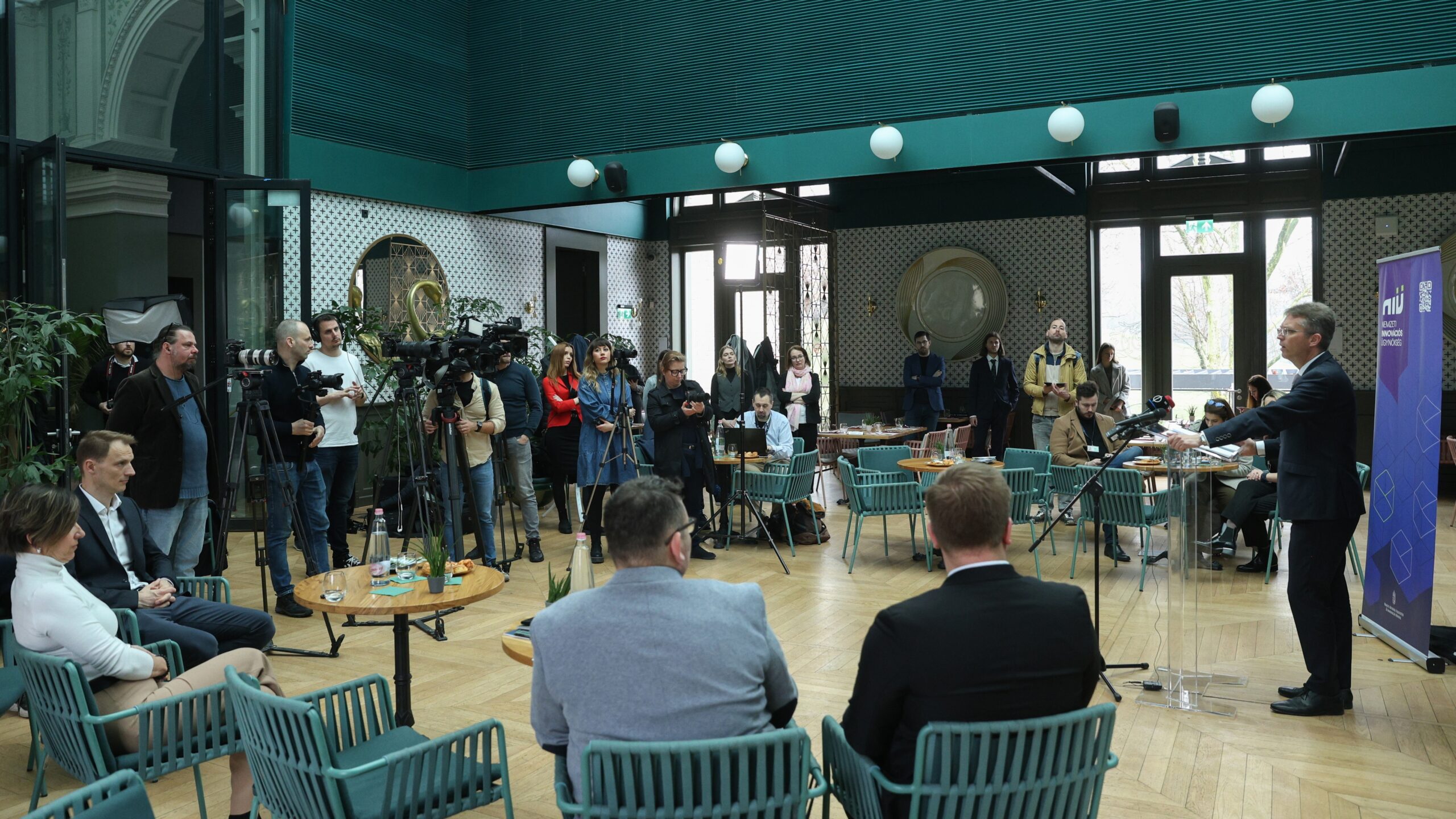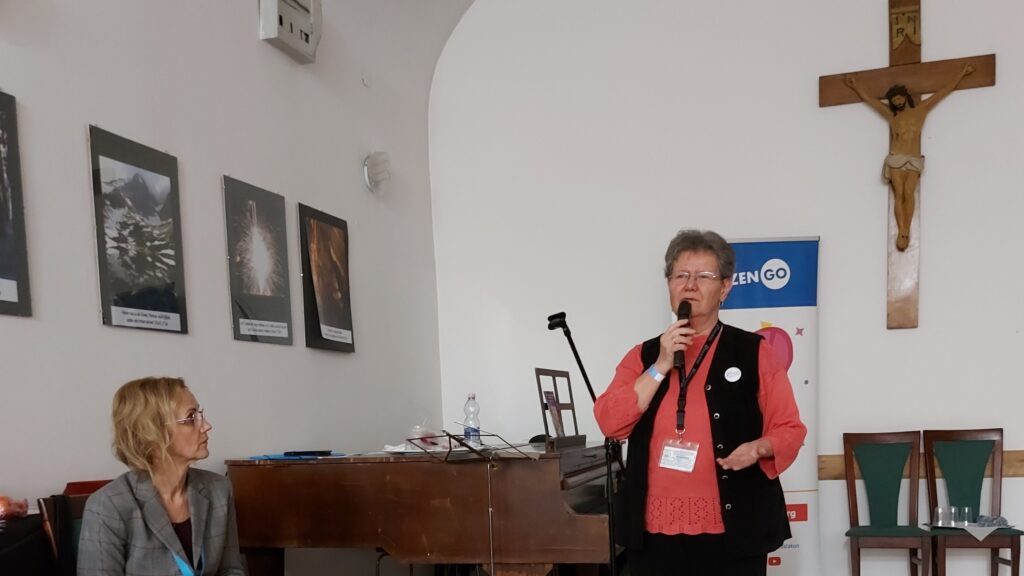Hungary’s leading international research collaboration is the Hu-rizont programme, which focuses on finding solutions to pressing social and economic issues. The initiative was presented on Thursday in Szeged by László Lengyel, Deputy President for Science and International Affairs at the National Research, Development and Innovation Office (NKFIH).
Speaking at the opening event of a nationwide roadshow at the University of Szeged (SZTE), Lengyel explained that Hungarian research teams within Hu-rizont identify problems of national and international importance and work with partners from 25 countries and 91 institutions to address them. Young Hungarian experts are guided by top researchers in projects of global relevance.
The programme’s 2024 call attracted 112 applications, of which 30 were selected and supported with 12 billion forints. These three-year projects, carried out in cooperation with some of the world’s top 100 universities, began earlier this year. The latest call received 132 proposals with a total funding request of 51 billion forints, with results to be announced in November so that work can begin in January 2026. The programme will continue into 2026, with the next call opening in the first quarter.
Head of the NKFIH’s International Cooperation Department Borbála Schenk said Hu-rizont supports Hungarian-led international projects. Selection is not only based on scientific excellence but also on demonstrable social benefits and potential applications. Communication of results to both domestic and international audiences is a priority, and the roadshow aims to build a community of researchers engaged in the programme.
Szeged was chosen as the launch site because the university has projects supported in all three focus areas of Hu-rizont. Rector László Rovó noted that SZTE had secured eight projects worth over 3 billion forints, accounting for a third of the total budget, which he said proves the university’s significant role in Hungarian and international scientific life.
The research projects presented in Szeged include studies on the biological impact of nano- and microplastics, new diagnostic methods for oxygen deficiency, therapies for inflammatory bowel disease, and mRNA-based treatments against Candida albicans infections. Researchers are also monitoring microplastics in agricultural ecosystems, advancing artificial intelligence applications, exploring photoacoustic spectroscopy for environmental monitoring, and developing rapid identification and intervention strategies for infectious diseases posing global risks.
Related articles:







